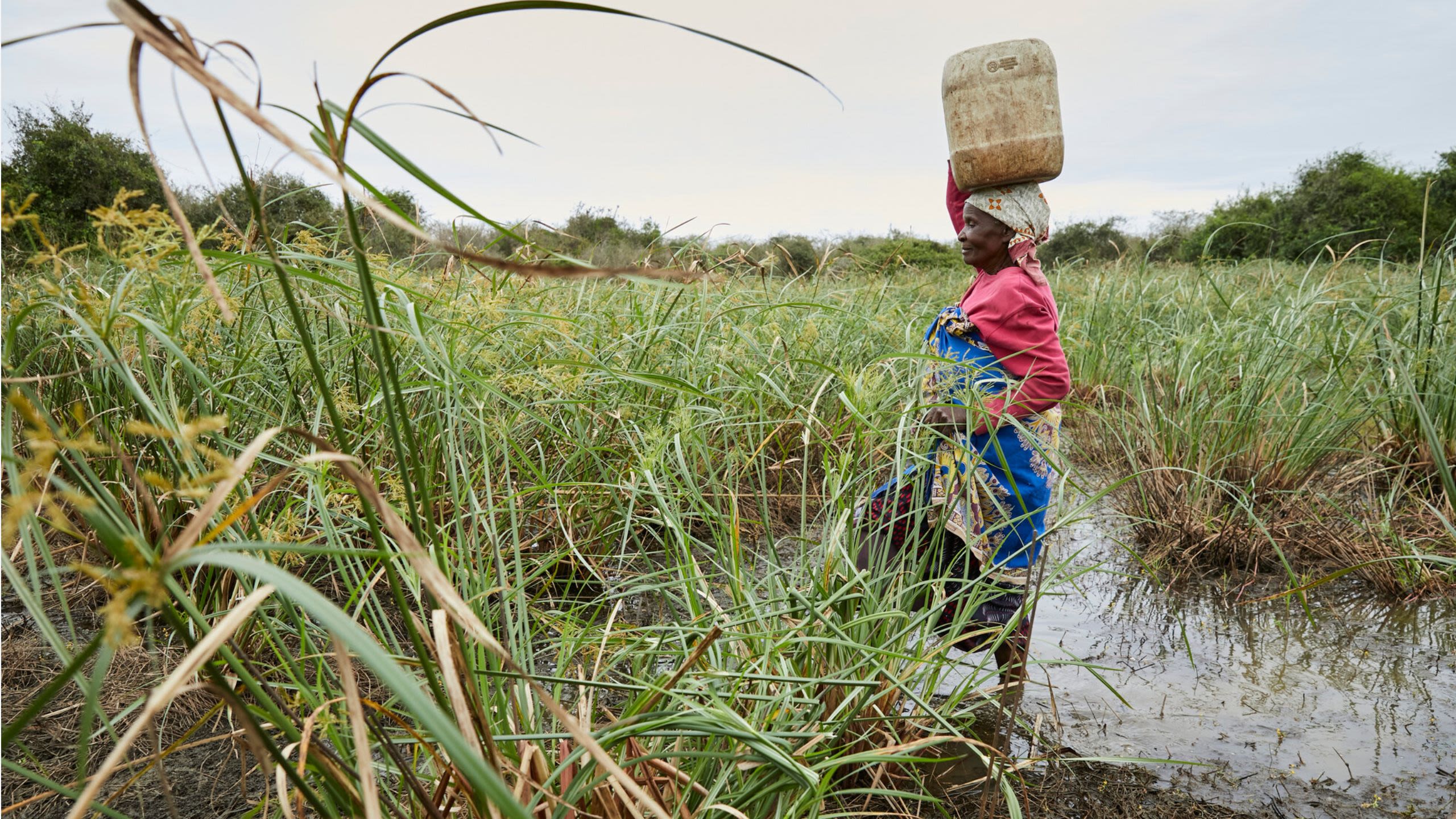Bali Belly: Diagnosis, Treatment, And Avoiding Future Infections

Table of Contents
Diagnosing Bali Belly: Identifying the Symptoms
Recognizing the symptoms of Bali Belly is the first step towards effective treatment. While mild cases might be easily managed at home, knowing when to seek medical attention is crucial.
Common Symptoms of Traveler's Diarrhea:
Traveler's diarrhea symptoms typically manifest within a few days of exposure to the infectious agent. Common symptoms include:
- Watery stools: This is the hallmark sign of Bali Belly. The frequency and volume of bowel movements can vary greatly.
- Abdominal cramps: Painful cramping in the abdomen is a frequent accompaniment to diarrhea.
- Nausea and vomiting: These symptoms can lead to dehydration, worsening the overall condition.
- Fever: A fever suggests a more serious infection.
- General weakness and fatigue: You may feel significantly weaker and more tired than usual.
The severity of Bali Belly symptoms can range from mild discomfort to debilitating illness. Severe dehydration and electrolyte imbalance are potential complications if the diarrhea is prolonged or severe. It's essential to seek medical advice if your symptoms are severe or persistent.
When to Seek Medical Attention for Bali Belly:
While many cases of Bali Belly resolve on their own, certain warning signs necessitate immediate medical attention:
- Bloody stools: This could indicate a more serious infection requiring urgent medical intervention.
- High fever (above 102°F or 39°C): A high fever suggests a severe infection that needs professional treatment.
- Severe dehydration: Signs include dizziness, lightheadedness, dry mouth, and decreased urination.
- Persistent vomiting: Inability to keep down fluids can lead to dangerous dehydration.
- Severe abdominal pain: Intense abdominal pain could indicate a serious complication.
Prompt hydration and electrolyte replacement are crucial in managing severe diarrhea. Your doctor might order stool samples to identify the specific infectious agent, guiding the most effective treatment.
Treating Bali Belly: Effective Home Remedies and Medical Interventions
Treatment for Bali Belly depends on the severity of the symptoms. Mild cases can often be managed at home, while severe cases require medical intervention.
Home Remedies for Mild Cases of Bali Belly:
For mild cases of traveler's diarrhea, focusing on rehydration and rest is key:
- Oral Rehydration Solutions (ORS): ORS, available at most pharmacies, replenishes lost fluids and electrolytes. Follow package instructions carefully.
- Clear broths: These provide fluids and electrolytes without irritating the digestive system.
- Rest: Allow your body to focus its energy on fighting the infection.
- Avoid solid foods and alcohol: These can further irritate the digestive tract.
While over-the-counter medications like loperamide can help reduce the frequency of bowel movements, they should be used cautiously and only as directed. They don't treat the underlying infection, and in some cases, they can even worsen the condition.
Medical Treatment for Severe Bali Belly:
Severe Bali Belly, characterized by persistent symptoms, high fever, or bloody stools, often necessitates antibiotic treatment. A doctor will determine the appropriate antibiotic based on the suspected pathogen and your overall health. Antibiotic treatment for severe traveler's diarrhea will likely include medications like azithromycin or ciprofloxacin. It is crucial to remember that antibiotics should only be prescribed by a doctor and should be taken as directed. Improper use can lead to antibiotic resistance and other complications.
Preventing Bali Belly: Proactive Steps for a Healthy Trip
The best approach to Bali Belly is prevention. By taking proactive measures, you significantly reduce your risk of experiencing this unpleasant illness.
Food and Water Safety Practices:
Practicing diligent food and water safety is paramount:
- Drink only bottled water: Avoid tap water, ice made from tap water, and unpasteurized beverages.
- Peel fruits and vegetables: Thoroughly wash fruits and vegetables you cannot peel before consumption.
- Choose well-cooked food from reputable establishments: Opt for restaurants with high hygiene standards and avoid street food vendors with questionable sanitation.
- Hand hygiene: Regular handwashing with soap and water is crucial, especially before eating and after using the toilet.
Maintaining good hand hygiene is essential in preventing the spread of infectious diarrhea.
Vaccination and Prophylactic Medications:
While no vaccine completely prevents traveler's diarrhea, vaccines for typhoid fever and other relevant diseases can offer some protection. Prophylactic antibiotics are sometimes prescribed for high-risk individuals, but they should only be taken under a doctor's supervision, due to potential side effects and the risk of antibiotic resistance.
Conclusion: Staying Healthy on Your Next Adventure
Bali Belly, while unpleasant, is preventable with proper precautions. This article has outlined the key aspects of diagnosing, treating, and preventing traveler's diarrhea. Remember, seeking medical attention for severe symptoms is crucial. By practicing diligent food and water safety, maintaining good hygiene, and considering appropriate vaccinations, you can significantly reduce your risk of experiencing Bali Belly. Plan your next trip with confidence by being proactive about preventing Bali Belly. Learn more about protecting yourself from traveler's diarrhea and enjoy your travels!

Featured Posts
-
 French Open 2025 Draw Raducanu Draper And Djokovics Fate Revealed
May 28, 2025
French Open 2025 Draw Raducanu Draper And Djokovics Fate Revealed
May 28, 2025 -
 The Devastating Effects Of Climate Whiplash On Cities Around The World
May 28, 2025
The Devastating Effects Of Climate Whiplash On Cities Around The World
May 28, 2025 -
 Report Jennifer Lopez In Talks To Host 2025 Amas
May 28, 2025
Report Jennifer Lopez In Talks To Host 2025 Amas
May 28, 2025 -
 Foinikiko Sxedio Ploki Ithopoioi Kai Kritikes
May 28, 2025
Foinikiko Sxedio Ploki Ithopoioi Kai Kritikes
May 28, 2025 -
 Analyzing Arsenals Performance Against Psv Eindhoven Over The Past Five Matches
May 28, 2025
Analyzing Arsenals Performance Against Psv Eindhoven Over The Past Five Matches
May 28, 2025
